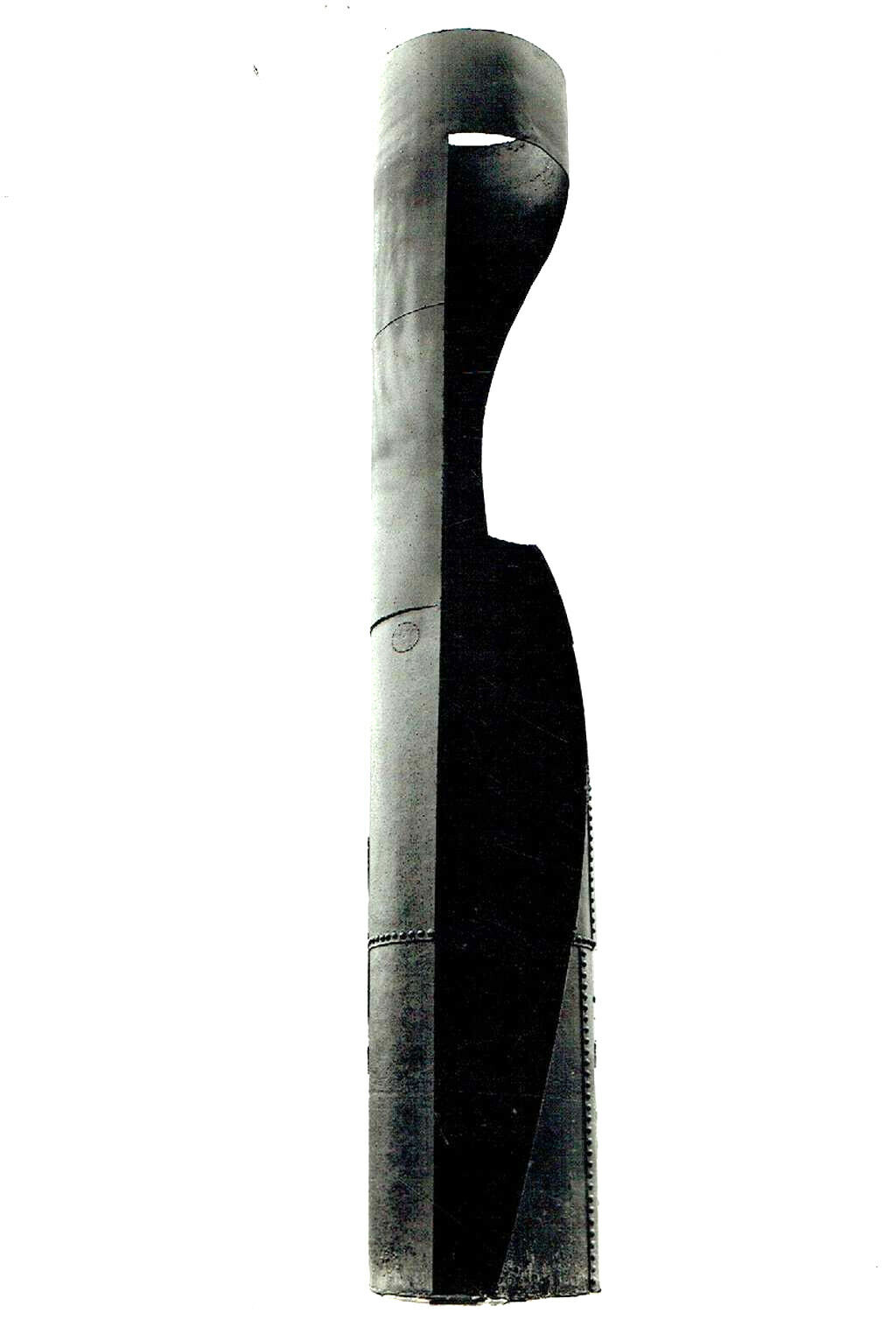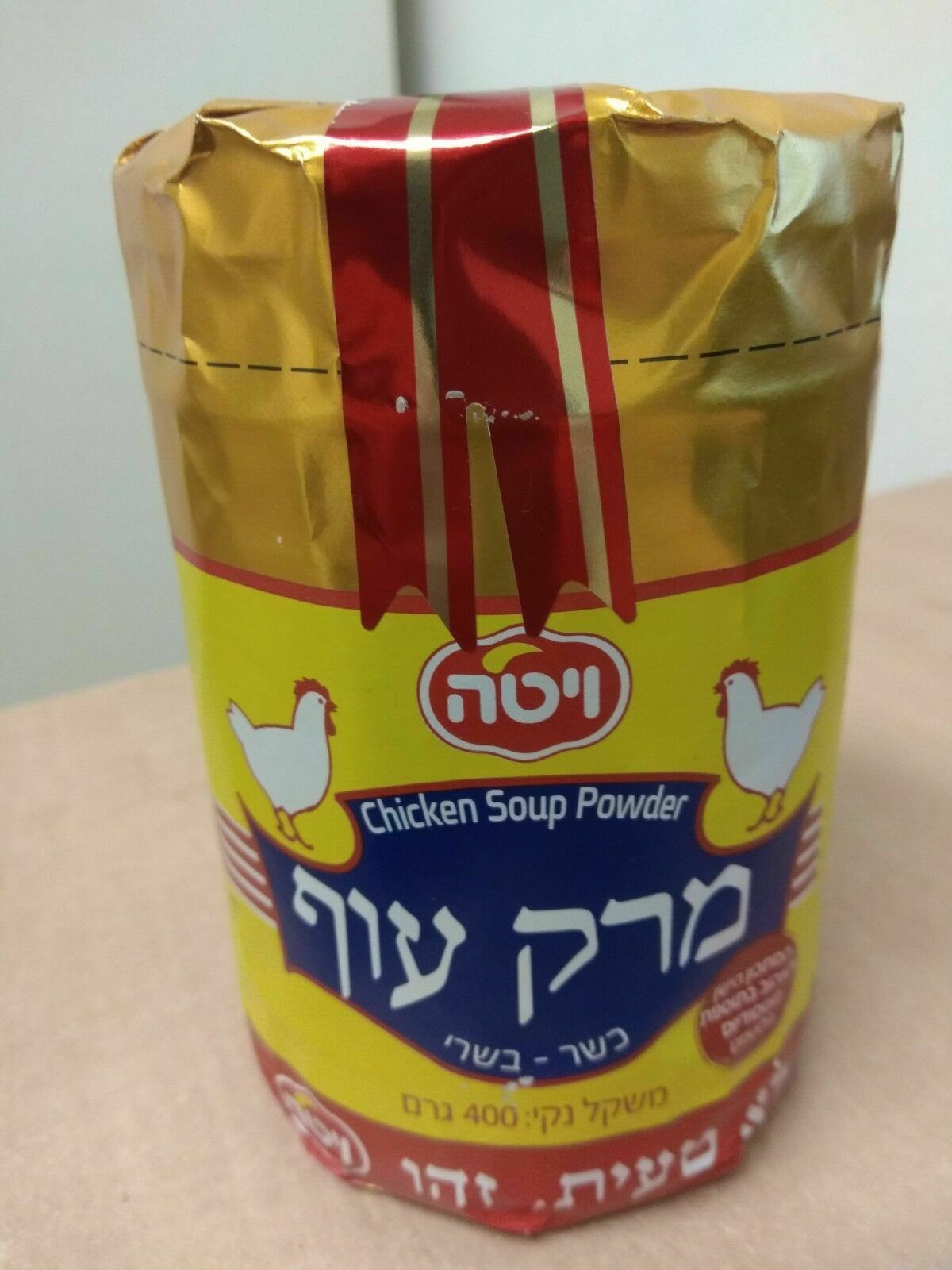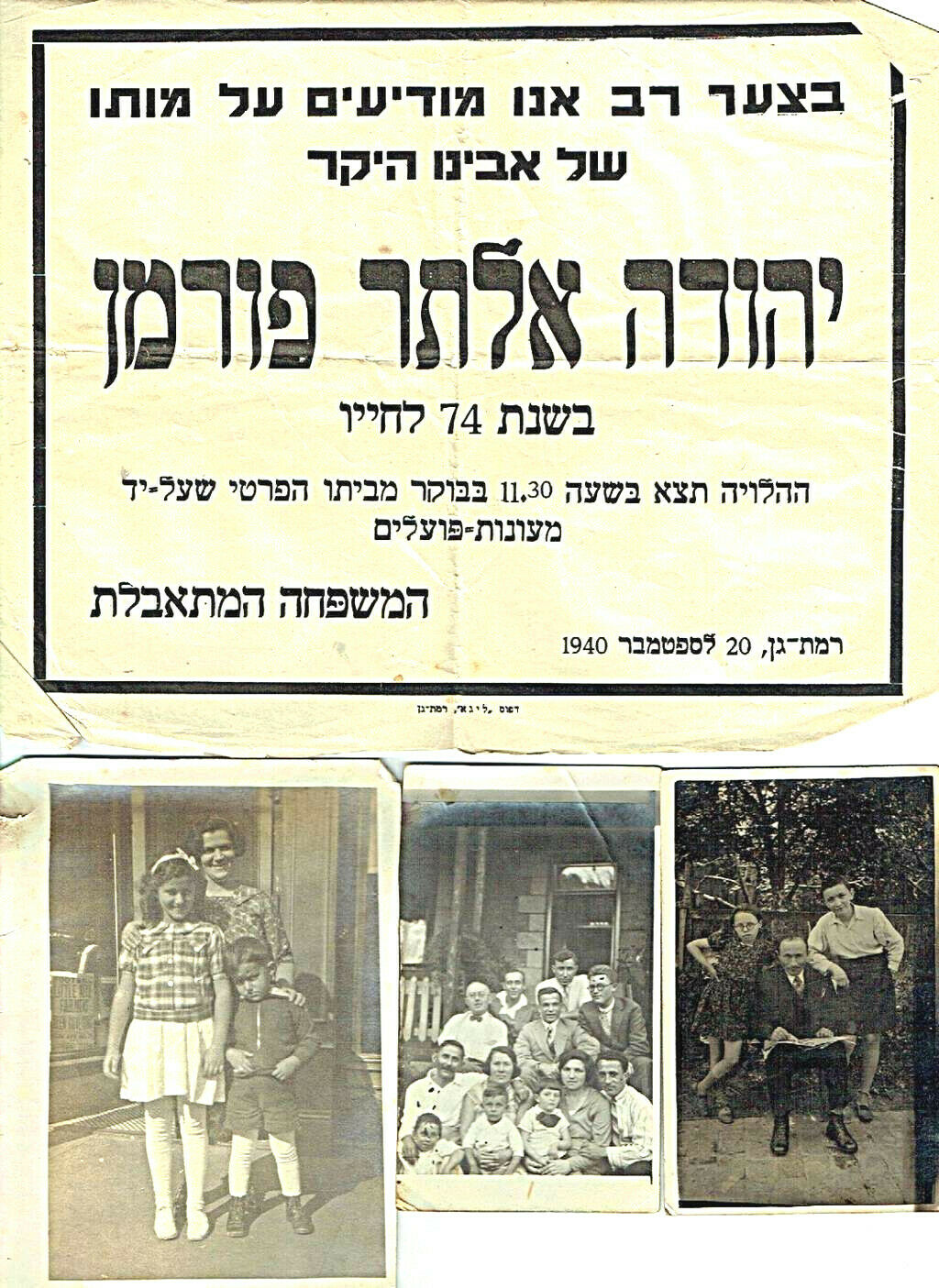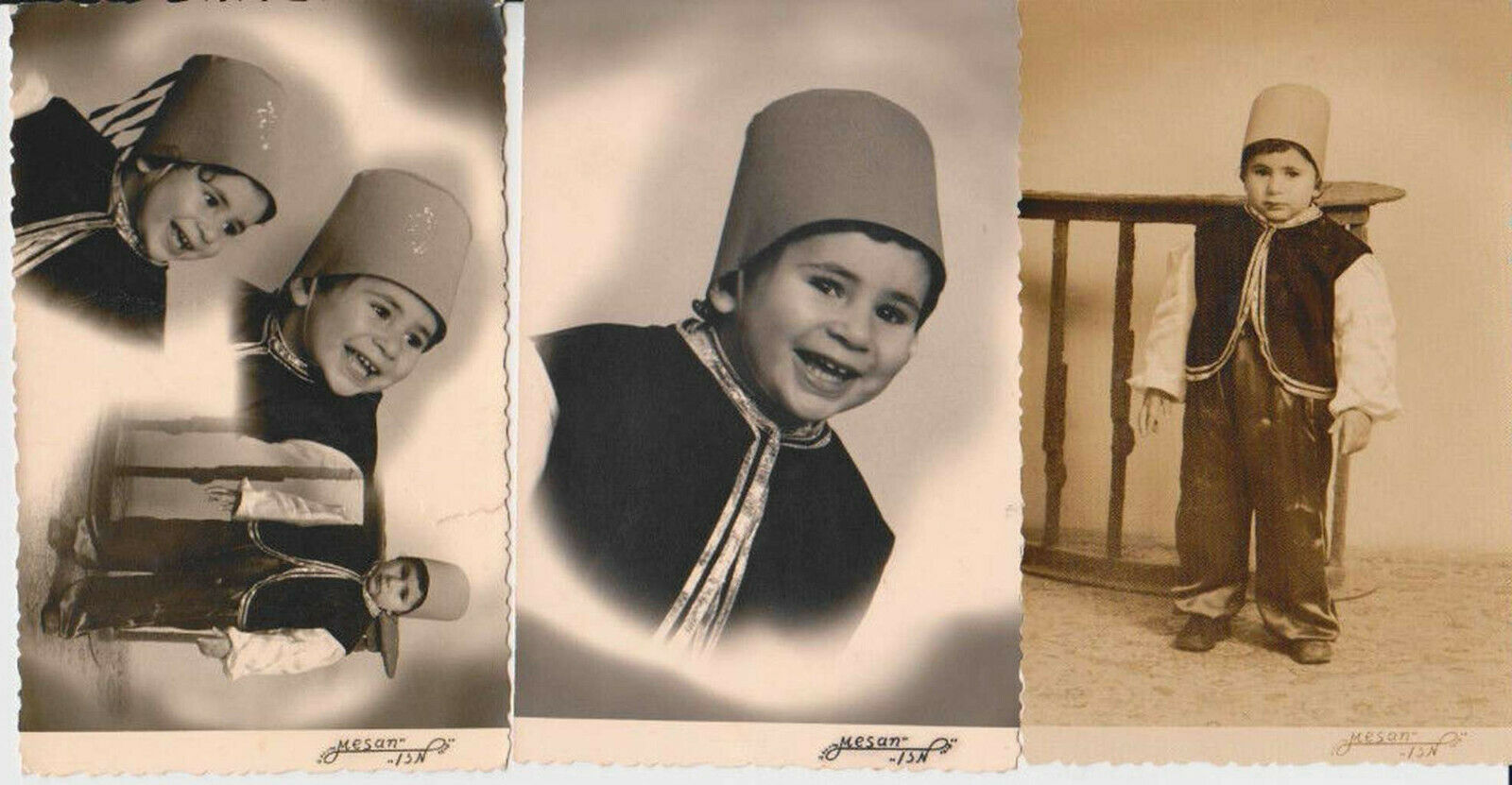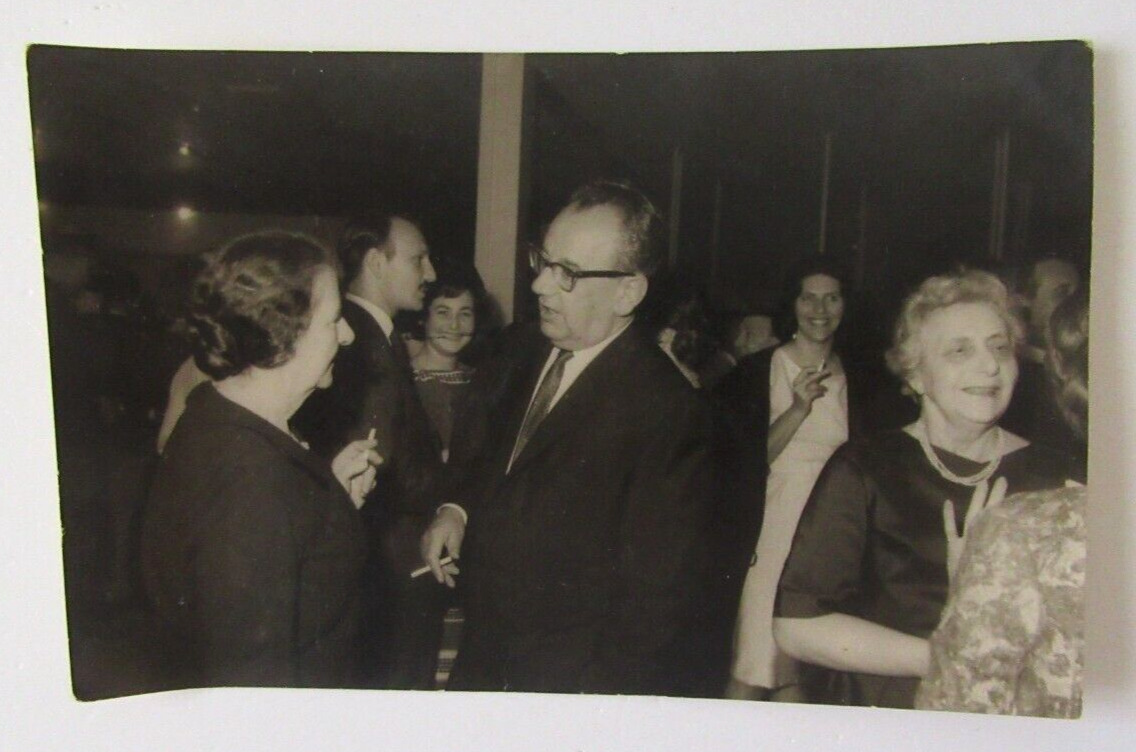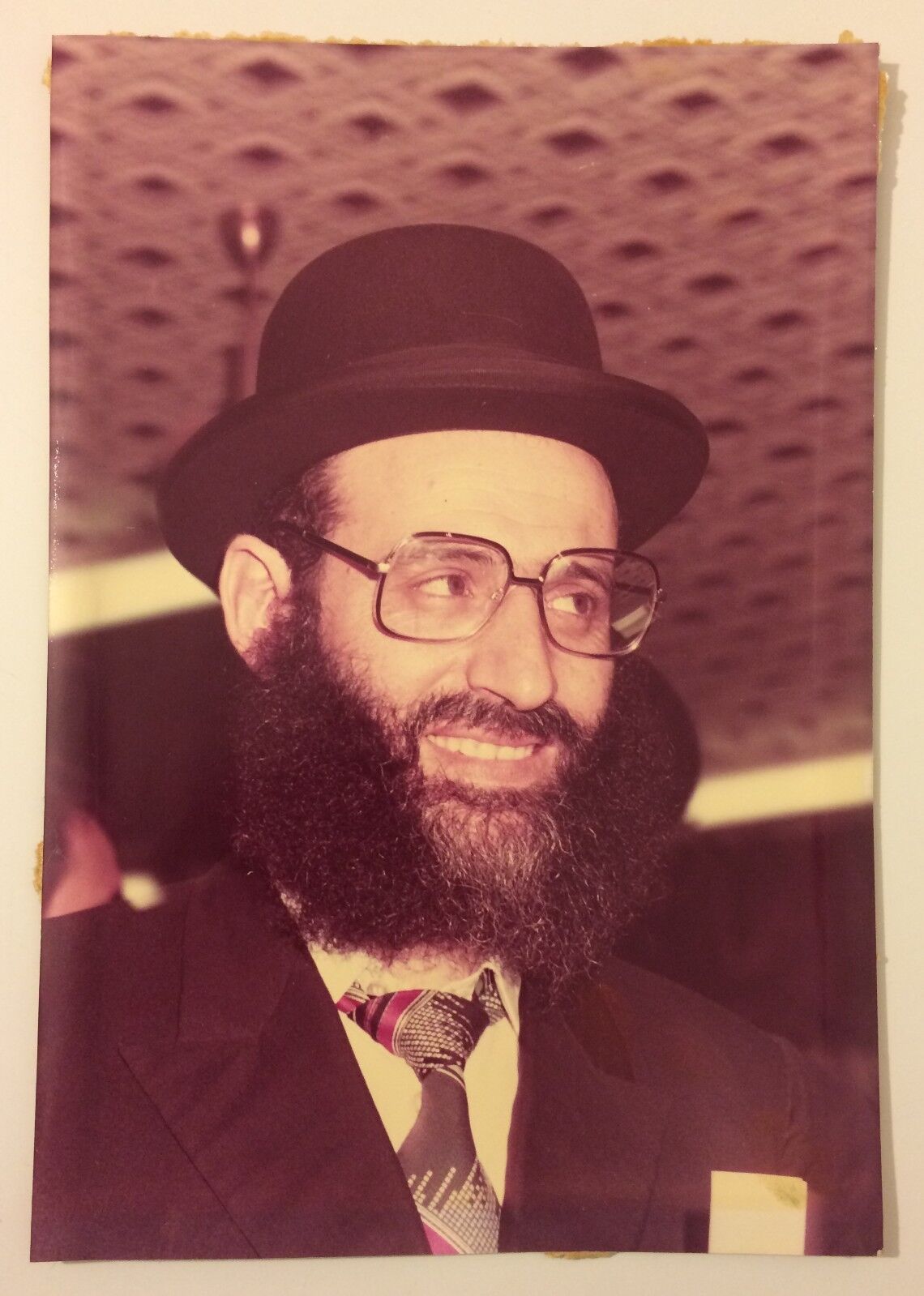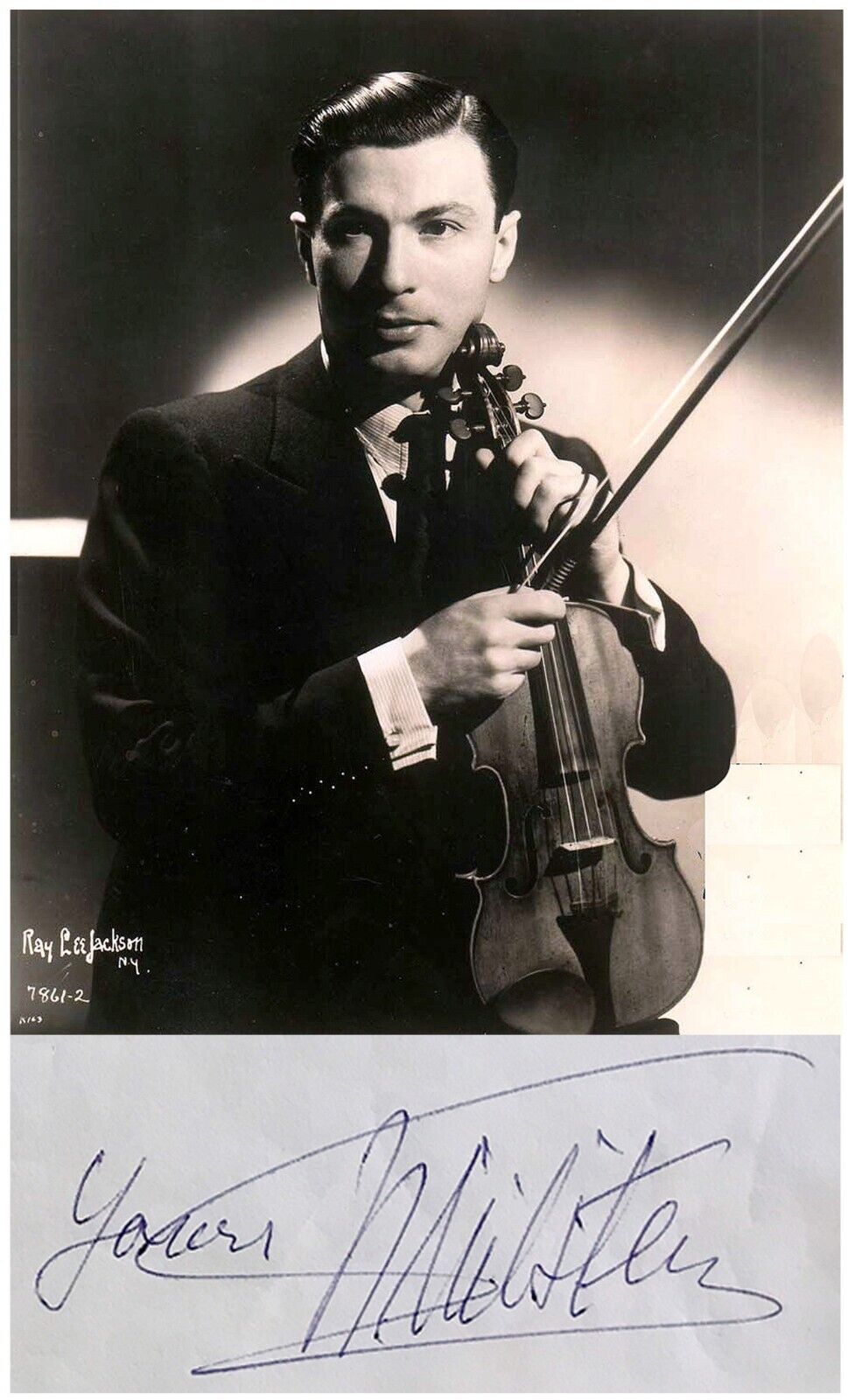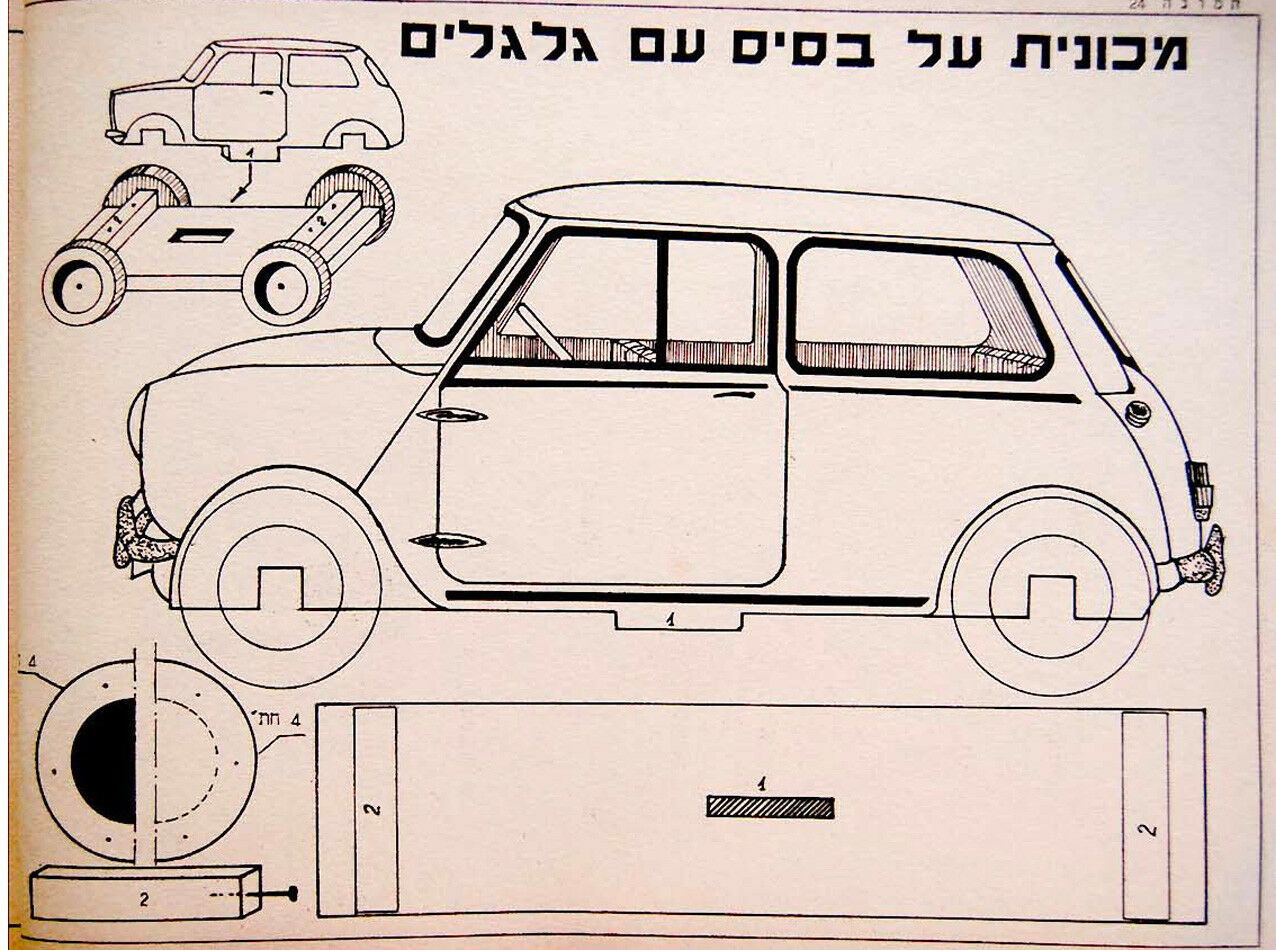-40%
1960 LITHOGRAPH Jewish POSTER Judaica ISRAEL MAP Kibbutz HEBREW Emblem KKL JNF
$ 66
- Description
- Size Guide
Description
DESCRIPTION:
Here for sale is a genuine authentic vintage 50 years old ZIONIST Judaica - Hebrew - Israeli POSTER . Lithographic printing , Which was issued by the JNF ( Jewish National Fund ) - KKL ( Keren Kayemet Le'Israel ) in 1960 ( Fully dated ) to commemorate the 50 years Jubilee of Kibbutz Degania ( Founded in 1910 ) as well as to encourage JEWISH SETTLEMENT , Namely KIBBUTZIM in the unsettled areas of ERETZ ISRAEL . The poster depicts a GIANT Artisticly ILLUSTRATED map of ALL the Eretz Israel KIBBUTZIM in 1960 and it is throughout ILLUSTRATED and DECORATED by the Kibbutz artist Shmuel Katz
, A talented graphic designer of childrens' books at that period who is also signed in the print . Many artistic VIGNETTES , IKONS, EMBLEMS and IMAGERY SIGNS of ISRAEL. The PRINTER is ORZEL . A colorful STONE LITHOGRAPHIC or Zincography Printing . The GIANT poster SIZE is around 28" x 40" . Printed on quite heavy stock. Excellent condition.
Perfectly clean and pristine. No stains, tears or creases.
( Pls look at scan for accurate AS IS images )
Poster will be sent rolled in a special protective rigid sealed tube.
AUTHENTICITY
:
The poster comes from a KKL- JNF old warehouse and is fully guaranteed ORIGINAL from 1960 ( Dated ) . Copies of this AUTHENTIC poster are being bought WHOLESALE from my eBay store for RESELLING by the largest and well reputed POSTER GALLERIES in Jaffa ISRAEL and WORLDWIDE . It is NOT a reproduction or a recently made reprint or an immitation , It holds a life long GUARANTEE for its AUTHENTICITY and ORIGINALITY.
PAYMENTS
:
Payment method accepted : Paypal
&
All credit cards
.
SHIPPING
:
Shipp worldwide via registered airmail is $ 29 . Poster will be sent rolled in a special protective rigid sealed tube.
Will be sent around 5 days after payment .
A kibbutz (Hebrew: קִבּוּץ / קיבוץ, lit. "gathering, clustering"; plural kibbutzim) is a collective community in Israel that was traditionally based on agriculture. Today, farming has been partly supplanted by other economic branches, including industrial plants and high-tech enterprises. Kibbutzim began as utopian communities, a combination of socialism and Zionism. In recent decades, some kibbutzim have been privatized and changes have been made in the communal lifestyle. A member of a kibbutz is called a kibbutznik (Hebrew: קִבּוּצְנִיק). In 2010, there were 270 kibbutzim in Israel. Their factories and farms account for 9% of Israel’s industrial output, worth US billion, and 40% of its agricultural output, worth over .7 billion. Painter Shmuel Katz was born in Vienna in 1926. He spent the second World War in hiding in Hungary, after escaping from a concentration camp. With the conclusion of the War, he attempted to enter Palestine with a group of illegal immigrants. Intercepted by the British, the group was deported to a displaced persons' camp in Cyprus. It was there that Katz's artistic talents were discovered. With nothing else to occupy his time, he began drawing, and his work was exhibited in Cyprus. But, upon arriving in Israel in 1947, Katz put aside his new-found interest in order to help found Kibbutz Gaaton in 1948, and fight in the War of Independence. It was only in the early fifties that Katz returned to art work, when he was approached and asked to illustrate a children's magazine. His kibbutz, more understanding than many to creative needs, later sent Katz to study in Paris. Returning to Israel and his kibbutz, the artist has since devoted his life to drawing and painting - while not neglecting his duties to the kibbutz, sharing in the guard duty and kitchen work which falls to all the members. ...Shmuel Katz has already evolved a mature personal style, rich in theme and technical device. He is, first and foremost, a draughtsman. Yet his drawings do not merely delineate the contours of the figure, object or landscape; they are charged with a latent vitality that gives throbbing life to his subject-matter and hint at what lies behind the visible objects... The horizontal lines serve to give emphasis. These, too, are a-throb with life, and his arabesques seem to embrace his subject with a tenderness that is at times lyrical, and at times mischievous. Dark patches afford a pronounced sense of volume, of perspective and of figural modeling. It is the element of movement in the drawings of Shmuel Katz, however, that brings to the fore his propensity for observing reality through a poet's eyes and expressing it in a distinctive personal style.. The Jewish National Fund (Hebrew: קרן קימת לישראל, Keren Kayemet LeYisrael) (abbreviated as JNF, and sometimes KKL) was founded in 1901 to buy and develop land in Ottoman Palestine (later British Mandate for Palestine, and subsequently Israel and the Palestinian territories) for Jewish settlement. The JNF is a quasi-governmental, non-profit organization. By 2007, it owned 13% of the total land in Israel.Since its inception, the JNF has planted over 240 million trees in Israel. It has also built 180 dams and reservoirs, developed 250,000 acres (1,000 km) of land and established more than 1,000 parks. Israel officially the State of Israel (Hebrew: מְדִינַת יִשְׂרָאֵל, Medīnat Yisrā'el, Arabic: دولة إِسرائيل is a parliamentary democracy in the Middle East, on the south-eastern shore of the Mediterranean Sea. It borders Lebanon in the north, Syria in the northeast, Jordan and the West Bank in the east, Egypt and the Gaza Strip on the southwest, and the Gulf of Aqaba in the Red Sea to the south, and it contains geographically diverse features within its relatively small area. In its Basic Laws Israel defines itself as a Jewish and Democratic State; it is the world's only Jewish-majority state.On 29 November 1947, the United Nations General Assembly recommended the adoption and implementation of the partition plan of Mandatory Palestine. On 14 May 1948, David Ben-Gurion, the Executive Head of the World Zionist Organization and president of the Jewish Agency for Palestine, declared "the establishment of a Jewish state in Eretz Israel, to be known as the State of Israel," a state independent upon the termination of the British Mandate for Palestine, 15 May 1948.Neighboring Arab armies invaded Palestine on the next day and fought the Israeli forces. Israel has since fought several wars with neighboring Arab states, in the course of which it has occupied the West Bank, Sinai Peninsula (between 1967 and 1982), Gaza Strip and the Golan Heights. It annexed portions of these territories, including East Jerusalem, but the border with the West Bank is disputed. Israel has signed peace treaties with Egypt and Jordan, but efforts to resolve the Israeli–Palestinian conflict have so far not resulted in peace. Israel's financial center is Tel Aviv, while Jerusalem is the country's most populous city and its capital (although not recognized internationally as such). The population of Israel, as defined by the Israel Central Bureau of Statistics, was estimated in 2013 to be 8,002,300 people, of whom 6,030,100 are Jewish. Arabs form the country's second-largest ethnic group with 1,653,900 people (including Druze and Bedouins). The great majority of Israeli Arabs are settled-Muslims, with smaller but significant numbers of semi-settled Negev Bedouins and Christians. Other minorities include various ethnic and ethno-religious denominations such as Druze, Maronites, Samaritans, Black Hebrew Israelites, Armenians, Circassians and others. Israel is a representative democracy with a parliamentary system, proportional representation and universal suffrage. The Prime Minister serves as head of government and the Knesset serves as Israel's unicameral legislative body. Israel has one of the highest life expectancies in the world. It is a developed country, an OECD member, and its economy, based on the nominal gross domestic product, was the 43rd-largest in the world in 2012. Israel has the highest standard of living in the Middle East and the third highest in Asia. Degania Bet (Hebrew: דְּגַנְיָה ב') is a kvutza or kibbutz in northern Israel. Located to the south of the Sea of Galilee adjacent to Degania Alef, it falls under the jurisdiction of Emek HaYarden Regional Council. In 2008 it had a population of 514.The village was founded in 1920 by immigrants from the Second Aliyah led by Levi Brevda (Levi Ben Amitai) It was the first planned kibbutz and was designed and built by the architect Korenberg.One of its founders was Levi Eshkol. During the 1920 Palestine riots it was attacked and abandoned for several months.During the 1936-39 Arab revolt it served as a base for establishing tower and stockade settlements. During the Battles of the Kinarot Valley in the 1948 Arab-Israeli War the residents of Degania Alef and Bet succeeded in halting the advance of the Syrian army into the Jordan Valley.In addition to its 350 cow dairy herd, crop fields, almond orchards, banana, date and avocado plantations, Degania Bet industrialized in the 1960s with Degania Sprayers, now a green industry; in 1984 it opened the Degania Silicone factory. An additional source of income is its kibbutz cottage tourist accommodation, and it specializes in organized bicycle tours.Notable residents include Michael Kolganov, a bronze medalist in rowing at the 2000 Summer Olympics.










